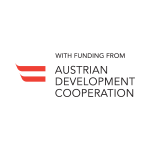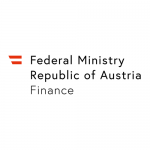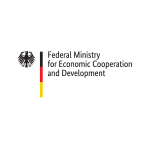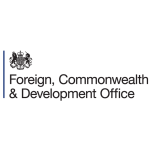
Objectives
Let’s Work Tunisia program aimed at identifying and tackling some of the binding constraints to job creation and growth in high potential value chains in lagging regions across the country. This work took a value chains and “jobs” lens on industry-specific business development services paired with public-private dialogue to reinforce competitiveness. A capacity-building program to introduce value chain and jobs analysis to local administrations supplemented the activity.
The objectives of the Let’s Work Tunisia program were to:
- Provide analytical reports with a “jobs” lens on high-potential value chains in Tunisia’s lagging regions to identify and address constraints to job creation and competitiveness.
- Explore and map value chains in a target region with a focus on the types of jobs created and value added.
- Drive capacity building for government institutions through trainings, workshops, consultations, and other stakeholder engagement initiatives.

Recent Tunisia Reports
- Value Chain Development for Jobs in Lagging Regions – Let’s Work Program in Tunisia
- Olive Oil in the North-West of Tunisia : Findings from a Value Chain and Jobs Survey
- Medicinal and Aromatic Plants in the North-West of Tunisia : Findings from a Value Chain and Jobs Survey
- Olive Oil, Medicinal and Aromatic Plants, and Tomatoes in North-West Tunisia : A Roadmap to Developing Competitive Advantage on Strategic Markets
- Building Capacity to Evaluate Value Chain Development for Job Creation: A Case Study from Tunisia
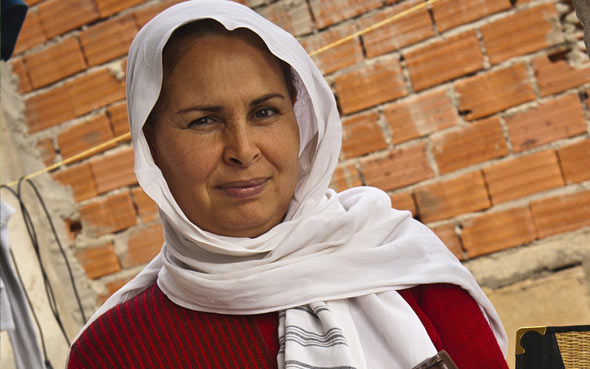
Key Activities
Major activities included:
- Support the establishment of an inter-ministerial task force for value chain and cluster development in Tunisia. This effort was the culmination of dedicated training support for civil servants as well as workshops to enhance engagement between the World Bank, government counterparts, and donors.
- Development of comprehensive action plans to address job creation constraints, regulatory changes, administrative reforms, and interventions to support firms in achieving higher productivity and strategic positioning.
- Inform Tunisia’s efforts to reinforce the competitiveness and job-creation potential in three value chains: high-end olive oil, aromatic and medicinal plants, and fresh tomatoes (out of season).
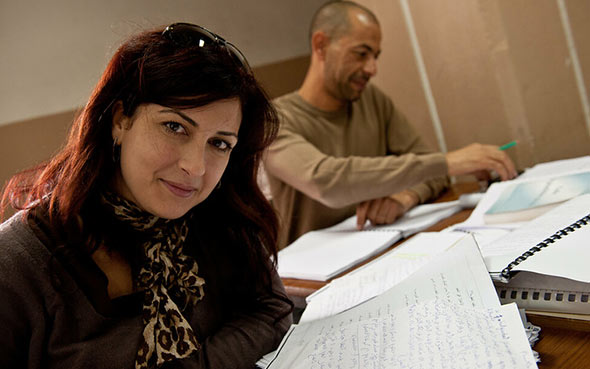
Outcomes
The program both leveraged and informed World Bank operations in Tunisia, including a US$100 million integrated landscape management project and a US$60 million youth economic inclusion project.
Project participants identified the importance of capacity building, program adaptability, and comprehensive analyses as key takeaways for future work.
The work aims to accelerate job creation overall and reduce inequalities between the leading and lagging regions of Tunisia. It is also expected to have a significant impact on vulnerable groups such as low-skilled youth and women.







